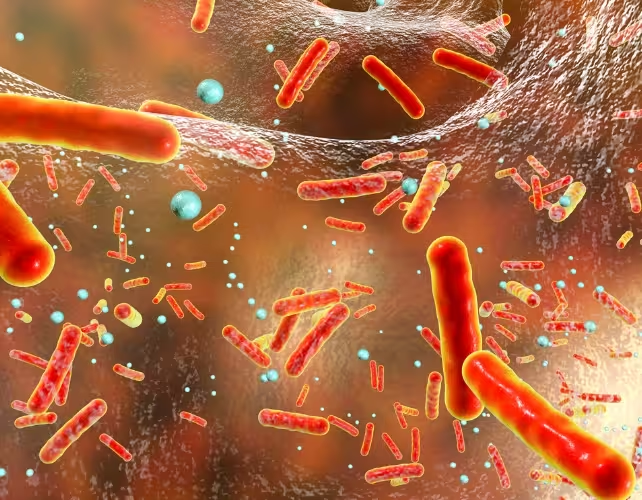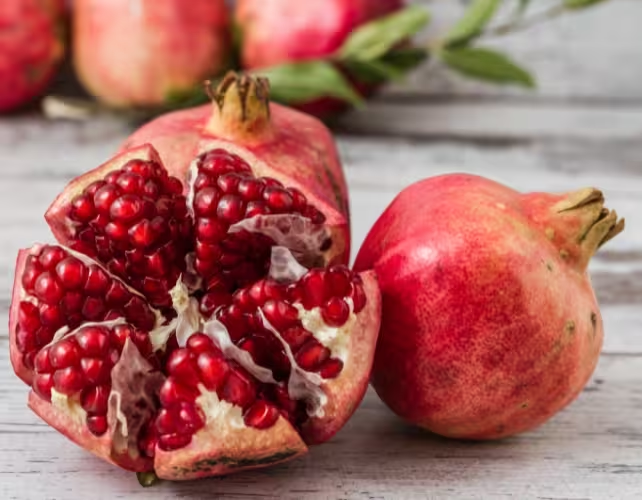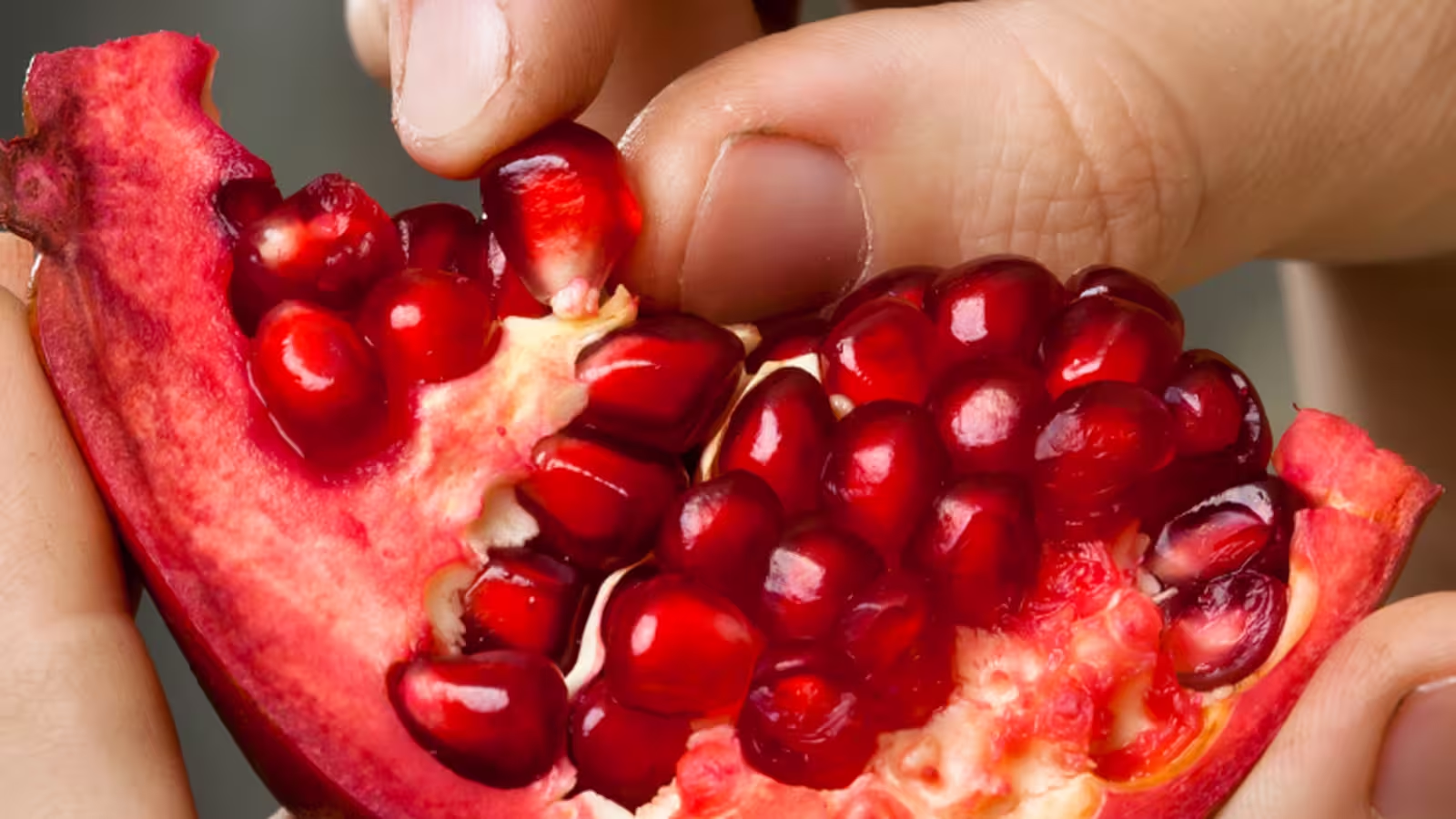5 Minutes
Understanding the Role of L-Carnitine in Sports Nutrition
L-carnitine has become a fixture in the world of sports nutrition, highlighted in countless gym advertisements and fitness discussions. Marketed for its ability to enhance exercise performance and expedite muscle recovery, l-carnitine appears in supplements, protein powders, and energy drinks. However, this nutrient is also the subject of scientific scrutiny due to associated health concerns, particularly regarding cardiovascular disease. Recent research now suggests that incorporating pomegranate, a fruit rich in beneficial polyphenols, may counteract some of these adverse effects, offering a more balanced approach to supplementation.
What is L-Carnitine?
L-carnitine is a naturally occurring compound, often classified as a quasi-vitamin, produced primarily in the liver, kidneys, and brain. Initially identified as vitamin BT in the 1950s, its synthesis occurs in healthy individuals without the need for dietary intervention. Nevertheless, for athletes and those seeking performance boosts, l-carnitine is widely available as a supplement—clearly labeled on product packaging—and is also naturally found in meats and, to a lesser extent, in dairy products. The term 'carnitine' derives from the Latin 'carnis,' indicating its abundance in animal flesh.
From Beneficial Nutrient to Potential Health Concern
When consumed in modest amounts, l-carnitine supports metabolic processes, particularly the transport of fatty acids into mitochondria for energy production—vital for endurance activities. Dietary l-carnitine from natural sources like meat is highly bioavailable, meaning the body absorbs it efficiently, leaving little to interact with gut microbes.
The situation shifts when individuals consume supplemental l-carnitine. Less than 20% of the dosage is absorbed in the small intestine; the remainder continues into the colon. There, trillions of gut microbes metabolize the excess l-carnitine into trimethylamine (TMA), which is then absorbed into the bloodstream and transported to the liver. In the liver, TMA is converted into trimethylamine N-oxide (TMAO)—a compound now linked by numerous studies to increased risk of atherosclerosis, thrombosis, and other cardiovascular diseases.

Gut Microbes: The Unexpected Risk Factor
It is not the l-carnitine molecule itself, but its interaction with intestinal microbes, that poses a potential risk. Studies, including pioneering work at the Cleveland Clinic, have demonstrated that elevated TMAO levels in humans significantly correlate with blood clot formation and cardiovascular events.
Notably, because the human body processes naturally produced l-carnitine differently—absorbing it before it reaches the colon—endogenous or dietary l-carnitine poses little cardiovascular threat. The problem predominantly arises with unabsorbed l-carnitine from supplements, which heavily interacts with the gut microbiota.
Pomegranate Polyphenols: A Dietary Solution
Recent laboratory work at the Quadram Institute in Norwich, UK, has explored the possibility of using dietary interventions to mitigate the potential dangers of l-carnitine supplementation. Researchers simulated gut microbial processes by introducing both l-carnitine and extracts of pomegranate, a top source of polyphenols, into cultures of human gut bacteria.
How Polyphenols Impact Microbial Metabolism
Pomegranate is particularly rich in ellagitannins, a class of polyphenolic compounds renowned for their antioxidant, antimicrobial, and anti-inflammatory properties. Significantly, ellagitannins are resistant to digestion in the upper gastrointestinal tract, enabling them to reach the colon intact. There, they interact directly with the resident microbiota.
The Quadram Institute team observed a marked reduction in TMA production when polyphenol-rich pomegranate extract was present alongside l-carnitine. This suggests that dietary polyphenols can influence the gut microbiome’s metabolic pathways, reducing the formation of TMA and thus the subsequent rise in pro-atherogenic TMAO levels in the bloodstream.
Implications and Recommendations for Athletes and Supplement Users
The discovery offers a promising strategy for fitness enthusiasts and athletes relying on l-carnitine: pairing supplements with natural polyphenol sources, especially those rich in ellagitannins like pomegranate, raspberries, and walnuts, may deliver performance benefits while reducing cardiovascular risks.
"Our results show that what you eat alongside supplements can dramatically change the outcome for your health," said researchers at the Quadram Institute.
In addition to direct supplementation, simply increasing the intake of ellagitannin-rich fruits and nuts may promote broader metabolic and cardiovascular health, given their spectrum of bioactive chemicals.

Ongoing Research and Future Prospects
Building on these laboratory findings, the research team has initiated clinical trials in human participants to assess whether pomegranate extracts can consistently reduce TMAO formation from l-carnitine supplements in real-world conditions. These studies are crucial to validate the observed benefits beyond controlled lab environments and may inform dietary guidelines for athletes.
Beyond the performance nutrition sector, this research reinforces the significance of the gut microbiome in modulating the safety profile of commonly used dietary supplements. As our understanding of gut-brain and gut-heart connections deepens, approaches that harness dietary synergies—like the combination of l-carnitine and polyphenols—could help balance the benefits and drawbacks of popular supplements.
Conclusion
L-carnitine remains a valuable nutrient for muscle energy and recovery, but its supplemental form carries potential heart health risks due to interactions with gut bacteria that produce the compound TMAO. Laboratory evidence now highlights that pomegranate polyphenols, especially ellagitannins, can reduce the formation of these harmful metabolites. For athletes, fitness enthusiasts, and anyone supplementing with l-carnitine, integrating polyphenol-rich foods such as pomegranate, berries, and nuts could be a simple yet powerful strategy to minimize health risks. Ongoing clinical studies will further clarify how best to leverage these nutritional interactions for safer, more effective supplementation.
Source: theconversation



Comments